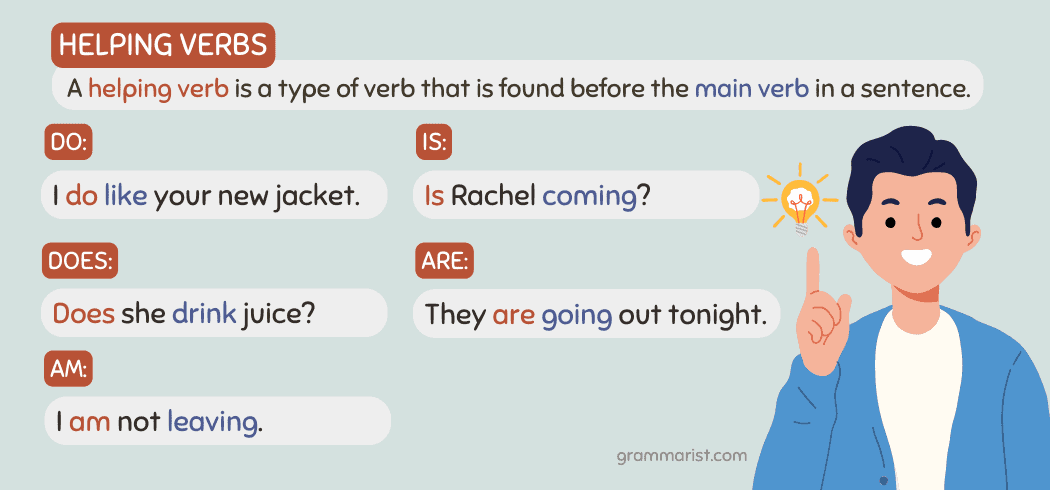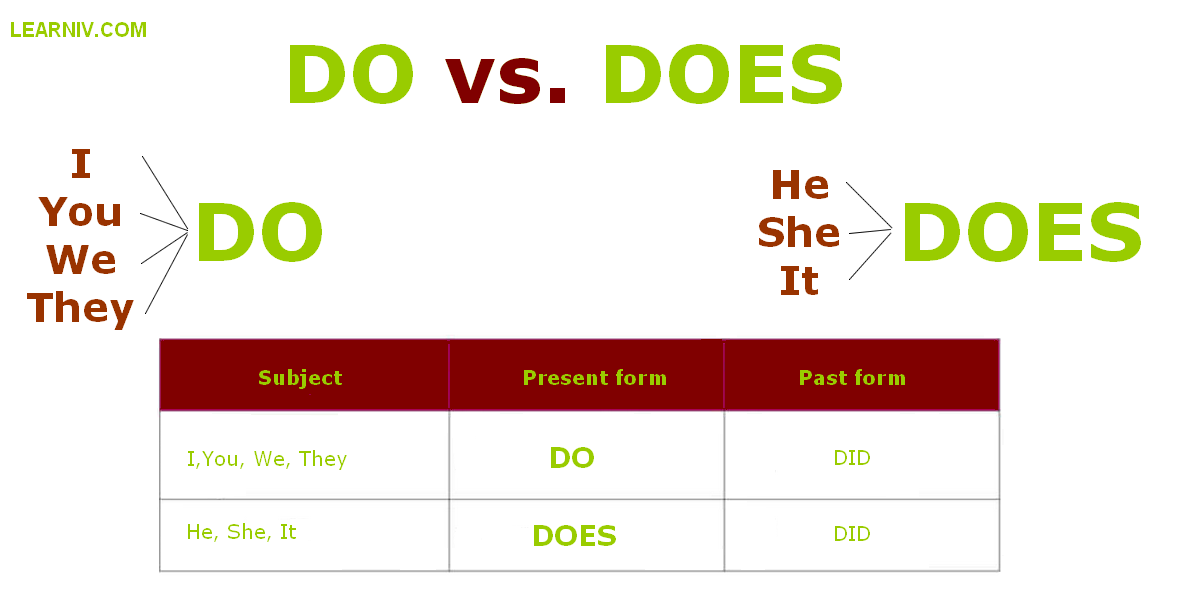Your Roadmap to Launching a Successful Electro Music Career: Step-by-Step Guide for Emerging Artists
Introduction
Starting a career in music, especially in the dynamic world of electro and electronic music, is both an art and a science. Success requires not just talent, but also technical skills, strategic planning, and persistent self-promotion. Whether you’re dreaming of producing chart-topping beats, performing live DJ sets, or building a brand online, understanding the modern pathways to music stardom is crucial. This comprehensive guide will walk you through each stage, offering actionable advice, real-world examples, and alternative routes for every type of aspiring artist.
1. Developing Your Musical Skills and Identity
Your journey begins with a deep commitment to skill development . In electro music, this means mastering both traditional music fundamentals and technology-driven production. Start by learning the basics of music theory, rhythm, and melody. If you don’t have access to formal music education, free resources like YouTube tutorials and community college courses can be invaluable. For electro genres, proficiency with digital audio workstations (DAWs) such as Ableton Live, FL Studio, or Logic Pro is essential. Practice regularly, experiment with different sounds, and strive to develop a unique sonic identity that sets you apart from the crowd [1] .
Consider seeking feedback from established artists through online forums or by joining local electronic music collectives. Many cities have groups or meetups dedicated to electronic music production, which can offer mentorship and peer review. Remember: your sound will evolve over time. Be open to experimenting and learning from each project you undertake.
2. Formal and Informal Education
While not strictly required, formal education in music production or audio engineering can provide a solid foundation. Institutions like the Berklee College of Music and Point Blank Music School offer both in-person and online programs. However, many successful electro artists are self-taught, using online courses, tutorials, and workshops. If you’re on a budget, platforms such as Coursera, Skillshare, and YouTube offer courses ranging from beginner to advanced levels. Search for terms like “electronic music production course” or “beginner DAW tutorials” to find the right fit.

Source: freepik.com
Consider supplementing your learning by attending workshops at local music stores, community centers, or music technology expos. These events not only teach valuable skills but also help you connect with other aspiring musicians.

Source: flaticon.com
3. Building Your First Tracks and Portfolio
Once you have a grasp of music production tools, focus on creating original tracks . Start with short projects and gradually increase complexity. Many beginners use sample packs and loops to jumpstart their creativity, but strive to incorporate original elements as your skills grow. Upload your finished work to platforms like SoundCloud and Bandcamp, where you can share your music for free and receive feedback from a global community [2] .
Document your creative process and keep an organized portfolio of your best tracks. This portfolio will be essential when reaching out to venues, potential collaborators, or music promoters. Don’t be discouraged by early results-consistency and willingness to improve are more important than immediate perfection.
4. Digital Presence and Online Promotion
In today’s industry, a strong digital presence is a must. Create artist profiles on major social platforms like Instagram, TikTok, Facebook, and Twitter. Share behind-the-scenes content, snippets of your tracks, and personal stories to build a connection with your audience. Use hashtags and participate in trends to boost visibility. For electro music, sharing short performance clips, remix challenges, or production breakdowns can engage followers and showcase your expertise [4] .
Uploading music videos or live sets to YouTube can attract a wider audience. Consider collaborating with visual artists or videographers to enhance your content. As your fanbase grows, encourage followers to join your email list-a direct channel for announcing releases, merch, and events. Email marketing remains a powerful tool for audience engagement.
5. Networking and Community Engagement
Connecting with other musicians, producers, and industry professionals is crucial. Attend open mic nights, DJ battles, music conferences, and local events. Even if you’re nervous about performing, showing up and introducing yourself can lead to valuable collaborations and mentorships. Online communities on Reddit, Facebook Groups, and Discord servers are also excellent resources for finding collaborators and sharing opportunities [3] .
Reach out to professionals on LinkedIn or Instagram for advice, but always personalize your messages. Avoid generic outreach; instead, mention specific reasons for your interest and be respectful of their time. Networking isn’t just about seeking help-offer your own skills or insights when possible. The relationships you build early in your career often lead to future opportunities.
6. Performing Live: From Local Gigs to Festivals
Live performance experience is invaluable for building confidence and honing your craft. Start by playing at local venues, open mics, or community events. Offer to perform at school functions, art galleries, or private parties. Each performance is a chance to grow your stage presence and receive real-time audience feedback [1] .
As you gain experience, aim for higher-profile gigs such as opening for established acts or participating in music festivals. When ready, you can submit applications or demos to festival organizers or local promoters. Building a reputation as a reliable and engaging performer can lead to more lucrative opportunities and a broader fanbase.
7. Monetizing Your Music
There are many ways to earn income from your music, even as a beginner. Upload tracks to streaming services like Spotify, Apple Music, and Amazon Music through digital distributors. While streaming payouts are often modest, they provide exposure and the foundation for future revenue. Consider selling your music directly via Bandcamp, where artists often keep a larger percentage of sales [2] .
Other monetization strategies include crowdfunding projects on Kickstarter or Patreon, licensing your music for commercials or games, and offering music production services. Teaching music lessons or producing tracks for other artists can supplement your income as you build your brand.
8. Persistence, Adaptability, and Mental Resilience
A career in music is rarely linear. Rejection, setbacks, and creative blocks are part of the journey. Stay resilient by setting realistic goals and celebrating small wins. Adapt to new industry trends-such as emerging social media platforms or technology-by continually learning and experimenting. Seek feedback, learn from mistakes, and never lose sight of your passion for music [4] .
Taking care of your mental health is just as important as perfecting your craft. Connect with peers who understand the challenges, and don’t hesitate to seek professional support if needed. Many musicians form accountability groups to share progress and maintain motivation.
Step-by-Step Action Plan
- Define your music goals : Identify your preferred genres, target audience, and career ambitions.
- Develop key skills : Dedicate time daily to learning your DAW, exploring new sounds, and refining your production techniques.
- Build a portfolio : Create at least three polished tracks to showcase your style and capability.
- Establish an online presence : Set up professional artist profiles and share consistent, engaging content.
- Network locally and online : Attend events, join communities, and reach out to potential collaborators.
- Perform live : Start small and gradually seek larger opportunities as your confidence grows.
- Pursue monetization : Distribute your music, explore crowdfunding, and offer your services to diversify income streams.
- Stay persistent : Embrace challenges, adapt strategies, and keep learning to ensure long-term growth.
Alternative Pathways and Additional Resources
Not every artist’s journey follows the same route. Some may focus on producing tracks for other musicians, composing for film or games, or teaching. Others may find success by blending genres or collaborating with visual artists and influencers. Explore opportunities that align with your unique strengths and interests.
If you need more detailed guidance, consider seeking out local music nonprofit organizations, city arts councils, or community colleges that offer music entrepreneurship programs. You can also search for “music business workshops near me” or “electronic music production meetup” to discover resources in your area.
For industry news, artist interviews, and up-to-date trends, visit reputable sites like Billboard.com and RollingStone.com. These platforms offer insights into the latest developments in music and can inspire your next career move.
Summary of Key Takeaways
Launching an electro music career requires a blend of musical skill, technical proficiency, strategic networking, and relentless self-promotion. Begin by nurturing your craft, establishing a digital footprint, and building connections both online and offline. Embrace setbacks as learning opportunities, and remain adaptable as the industry evolves. There is no single path to success-but with dedication and a willingness to learn, you can carve out a rewarding career in electro music.
References
- [1] CareerVillage.org (2023). What’s the first step for starting a music career?
- [2] SoundCampaign (2025). How to Start a Music Career in 2025.
- [3] YouTube (2025). How to Launch Your Music Career as an Adult in 30 Days.
- [4] Disc Makers Blog (2023). Path to a Successful Music Career: 19 Practical Tips.



